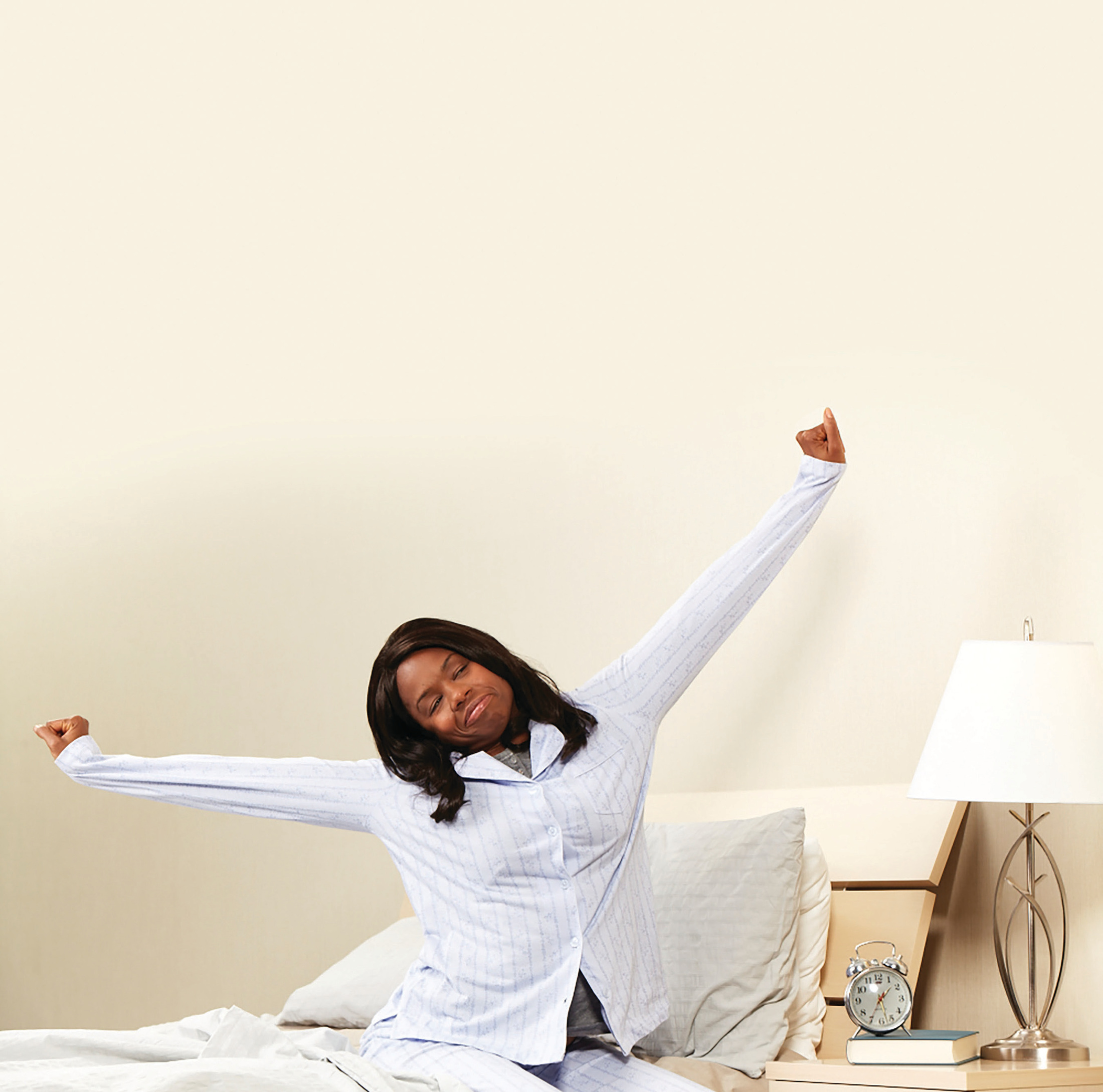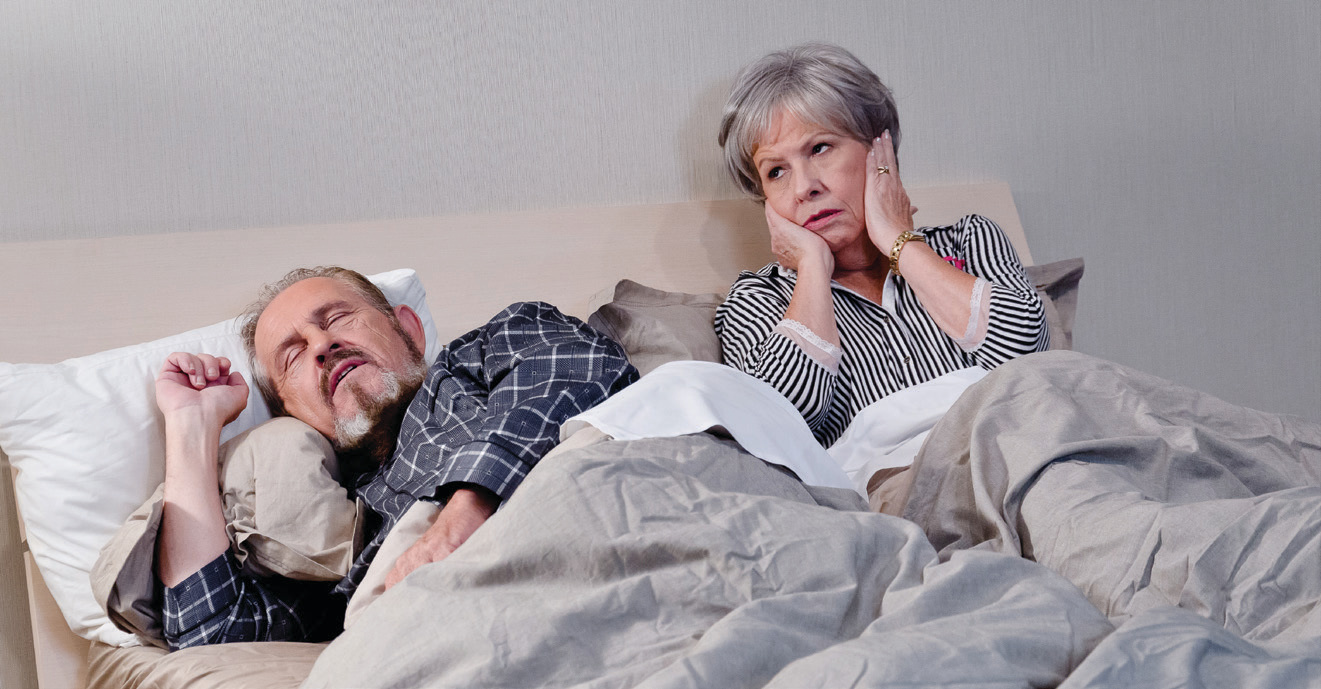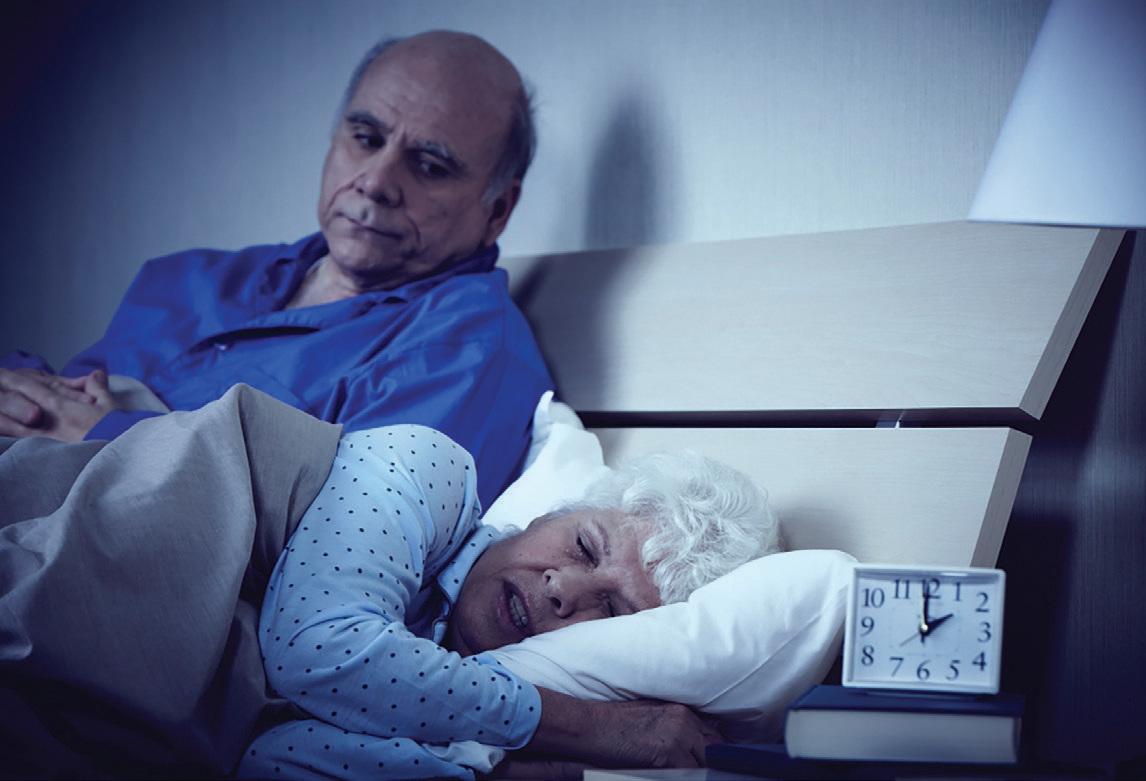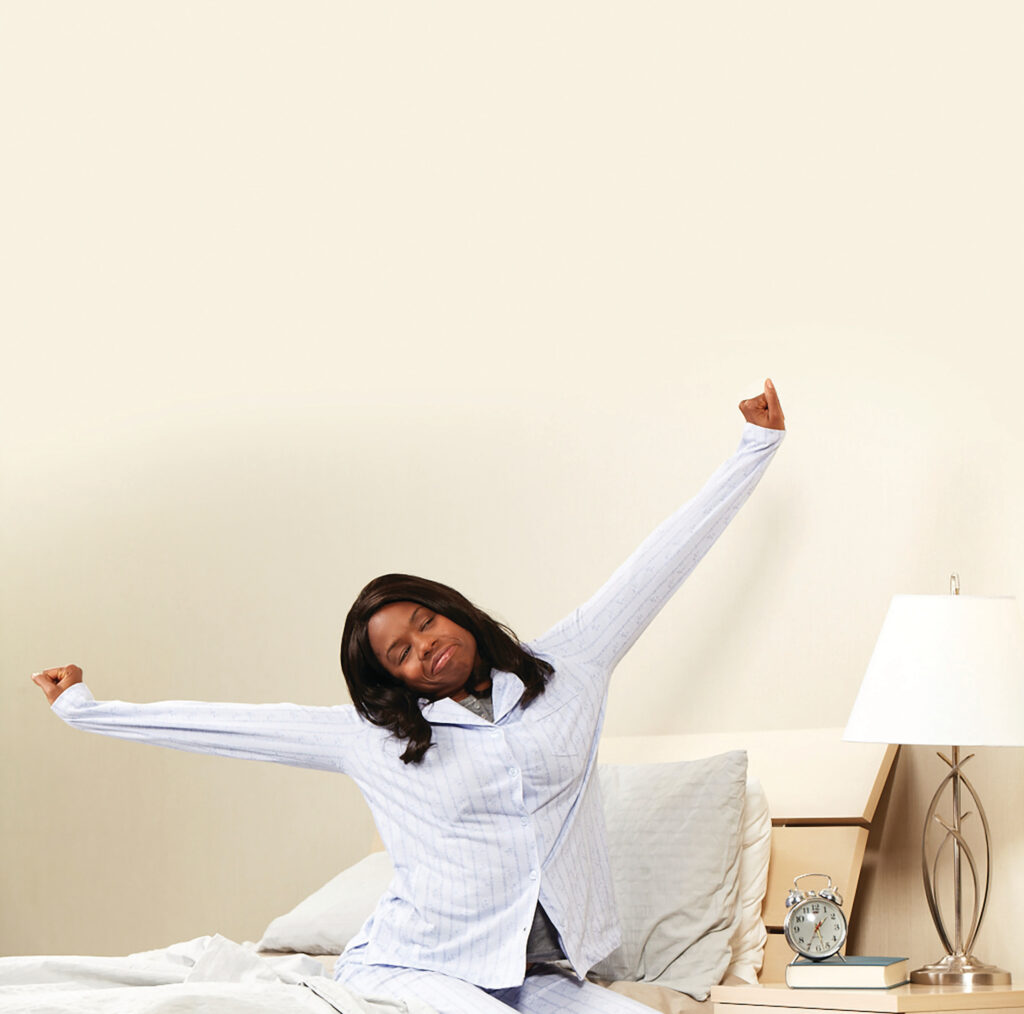 How well are you sleeping? Do you toss and turn? Does it take a long time to fall asleep? Throughout the day, do you feel drowsy? In what ways is your quantity or quality of seep affecting your overall health?
How well are you sleeping? Do you toss and turn? Does it take a long time to fall asleep? Throughout the day, do you feel drowsy? In what ways is your quantity or quality of seep affecting your overall health?
“Sleep is vital to good health and wellness, no matter your age,” says Raj Dasgupta, MD, spokesperson for the American Academy of Sleep Medicine. “When you think about it, people spend one-third of their lives sleeping. If you live to age 90, that’s 30 years of sleep.”
The American Academy of Sleep Medicine recommends at least seven hours of sleep for adults. However, just being in bed, tossing and turning, doesn’t mean your sleep is effective in helping your organs, brain and body rejuvenate.
“As physicians, we measure the effectiveness of sleep by both quantity and quality,” says Dr. Dasgupta. “If you’re not getting the right amount of sleep to meet your individual needs and your quality of sleep is poor — meaning your mind and body are not going to the deeper stages of sleep or REM sleep — you are at higher risk for such ailments as heart disease, diabetes and obesity. It may sound easy to aim for good sleep, but in reality, a number of factors can make it harder than you think.”
Dasgupta says that society has conditioned people to prioritize productivity above sleep.
“Phrases like, ‘The early bird gets the worm,’ or, ‘Early to bed, early to rise, makes a man healthy, wealthy and wise,’ have been around long enough that people accept them as fact,” he says. “However, we are finding that more and more people are getting less sleep in their quests to be more productive or force more activity into their days.”
The American Academy of Sleep Medicine recommends that adults sleep seven or more hours per night on a regular basis to promote optimum health. However, a study by the Centers for Disease Control and Prevention found that more than 70 million U.S. adults reported sleeping six hours or less.
“The percentage of Americans sleeping six hours or less has increased more than 30 percent since 1985,” he says. “Some of these people have various sleep-wake disorders such as chronic insomnia, obstructive sleep apnea or restless legs syndrome, and many of these conditions go undiagnosed or misdiagnosed.”
Dasgupta says that people having difficulty initiating sleep, maintaining sleep or feeling unrefreshed despite having adequate time to sleep for more than three times a week over three months should strongly consider talking with their physicians. Keeping a log or journal of sleep and daytime symptoms can assist with identifying possible causes.
The pandemic has also resulted in quantifiable issues regarding sleep.
A recent study by the American Association of Sleep Medicine found that more than half of Americans reported an increase in sleep issues since the pandemic, sometimes called “COVID-somnia.” The group of 2,006 adults reported they were having difficulty falling or staying asleep, sleeping less, experiencing worse quality sleep and having more disturbing dreams.


“Sleep boosts the immune system and strengthens the effectiveness of vaccinations, so don’t ignore persistent sleep problems,” says Dasgupta. “Talk to your medical provider if you’re struggling to sleep well on a regular basis.”
If you’re having difficulty with daytime fatigue, concentration and memory, there could be many causes.
“One of the first things we as physicians look for is a diminished quantity of sleep,” he says. “If that’s the case, we recommend establishing a regular bedtime routine and practicing good sleep hygiene.”
Setting and sticking to a regular bedtime routine includes managing the noise, light levels and temperature of your bedroom, which can help improve your sleep.
“Be mindful of your activities a couple of hours before your bedtime,” he says. “Eating a large meal and then going to bed less than two hours later, using a laptop computer, playing on your smartphone or e-reader in bed within 30 minutes of bedtime or using the noise of the television to help you fall asleep can reduce the effectiveness of your sleep.
“Try to remove the electronics from your bedroom. If you have to watch television, go to another room in the house if possible. Your bedroom should be set up and dedicated to getting a good night’s sleep.”
He also suggests setting a regular wake-up and bedtime each day, trying your hardest to be consistent on weekends, holidays and vacations, which can be difficult.

“Set your alarm in the morning, and don’t hit that snooze button,” Dasgupta when your alarm goes off, and try to get outside, especially if the weather is good and there is a lot of sunshine in the morning. It’s not surprising that many individuals report that their sleep needs are not being met during the week. While you may try to make up for that lack of sleep on days off and weekends, this is not a sustainable strategy to consistently and safely make up for that sleep debt you may have accumulated every week.”
“Healthy sleep is as important as proper nutrition and regular exercise for our health and well-being,” says Dr. Dasgupta. “And, since most of us are sleeping about 30 percent of our lives, why not prioritize these sleeping hours to maximize all their benefits?”



